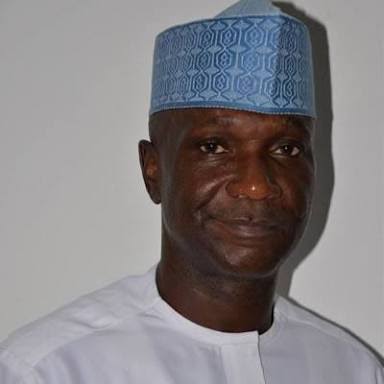ANALYSIS | Could the outcome of US presidential debate impact the polls?
The United States Presidential Debate held on Tuesday, September 10, continues to attract reactions from across the US, social media, and several parts of the world. Hosted by ABC News, the debate is one for the book. It featured dramatic moments and focus on pressing issues such as abortion rights, the economy, immigration, and foreign policy.
For Harris, it was a debut, while Trump is quite familiar with the terrain. Both presidential candidates took the podium, exchanged pleasantries, and then the real debate began. The debate, laced with personal sentiments, was seen by some as an endless circle of political rhetoric typical of US politics. But the question remains: who won? And, in reality, can the outcome of the debate change fortunes?
Stance and perceptions
Reports vary widely on who won the debate, reflecting the perspectives of different parties and individuals—there is no consensus. Both candidates declared victory after their first face-to-face encounter on Tuesday and remain firm in their positions. Trump called it one of his “best” debates. However, per social media, Harris outperformed Trump, giving her a lead over the Republican and former President of the United States.
The next debate is scheduled for October, but its occurrence depends on the agreement of both parties. Harris aims to consolidate Democratic momentum, while Trump’s stance could influence the prospects of a second debate.
Both candidates are now back on the campaign trail for rallies and endorsements. The focus shifts to states that tend to vote either blue or red in presidential elections and how each candidate can win their support ahead of the November polls. These states are crucial in the race for the White House and will determine who secures the presidency.
Could the outcome of this debate impact the polls?
US politics is fluid, and the impact of a debate on presidential elections is debatable. Post-debate polls show Harris in the lead. However, the challenge for the Democrats is turning media buzz into substantial votes where it matters most.
Democrats are aware that winning a debate does not necessarily guarantee an electoral victory, as seen with Hillary Clinton in 2016. Polls underestimated Trump’s support in both the 2016 and 2020 US elections, where he performed better than anticipated.
Overall, polls provide a snapshot of current opinions, but other factors will influence the outcome of this presidential race. The ultimate decision rests with the US electorate.







